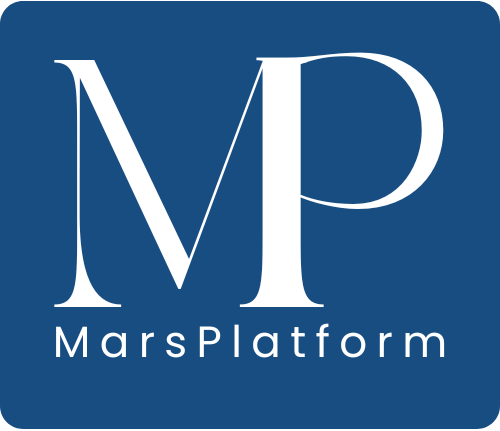Power Play Perspectives
Insight: 1
Thank you for reading this post, don't forget to subscribe!
Developing Strategies to Gain Influence in a Competitive Workplace
In today’s professional world, carving out a niche and establishing oneself as an influential figure in a competitive workplace has become a paramount goal for many.
Influence, after all, is not just about authority or position; it’s about the ability to sway decisions, direct outcomes, and inspire others. This dynamic capability can elevate careers, foster innovation, and drive organizational success.
Here, we explore multifaceted strategies designed to help professionals gain the influence they seek within their competitive environments.
Understand the Power Dynamics
The first step in gaining influence is to understand the existing power dynamics within your workplace. Every organization has its influencers and decision-makers.
By observing who holds the power, how decisions are made, and what values drive your workplace culture, you can tailor your strategies to align with these insights, ensuring your actions and contributions are noticed and valued.
Build Strategic Relationships
Relationships are the backbone of influence. Cultivating meaningful connections across the board—not just with peers but also with those in positions of authority—is crucial.
By offering your help effectively and seeking mentorship or advice, you can create a supportive network that amplifies your influence within the workplace.
Demonstrate Value Consistently
Influence often stems from excellence. Regularly showcasing high-quality work, innovative solutions, and a proactive attitude will distinguish you from the crowd.
Visibility is key; ensure that your contributions are recognized by those who matter, positioning team success as a priority while also highlighting your individual contributions.
Enhance Your Communication Skills
The ability to communicate effectively is a potent tool in the arsenal of someone looking to gain influence.
Clear articulation of ideas, active listening, and engaging dialogue are essential.
Adapt your communication style to your audience to maximize your impact, whether in one-on-one interactions or presentations to larger groups.
Leverage Thought Leadership
Establishing yourself as a thought leader in your domain can significantly boost your influence.
Sharing insights, leading training sessions, or writing on relevant topics can position you as a valuable resource, enhancing your standing within your organization.
Embrace a Collaborative Mindset
True influence doesn’t come from pushing your agenda at others’ expense but from fostering collaboration.
Look for win-win opportunities that help you and your colleagues achieve your goals. This approach not only builds your reputation as a team player but also enhances your influence through goodwill and mutual respect.
Navigate Office Politics Positively
Office politics is an inevitable aspect of professional life. Approaching it positively and focusing on building a strong personal brand can work wonders.
Aim to be known for your integrity, professionalism, and positive contributions to the work environment.
Engage in Continuous Personal Development
The quest for influence requires constant growth and adaptability. Embrace learning opportunities and remain open to feedback, using it as a springboard for development.
This demonstrates your commitment to excellence and positions you as a forward-thinking leader.
Reflecting on Historical and Psychological Insights
Drawing lessons from historical figures like Alexander the Great, who combined military might with strategic diplomacy, or applying psychological principles of influence such as those outlined by Robert Cialdini, enriches our understanding of influence.
These insights remind us that influence is both an art and a science, requiring a nuanced approach that respects the complex dynamics of human behavior and organizational culture.
In a competitive workplace, influence is a nuanced, multifaceted capability that extends beyond mere technical skills or job titles.
It involves understanding the subtleties of power dynamics, building strategic relationships, demonstrating value, and communicating effectively.
By adopting these strategies, professionals can elevate their influence, driving positive change and achieving their career ambitions.
Influence, therefore, is not merely about achieving personal success but about making a meaningful impact and inspiring those around us.


